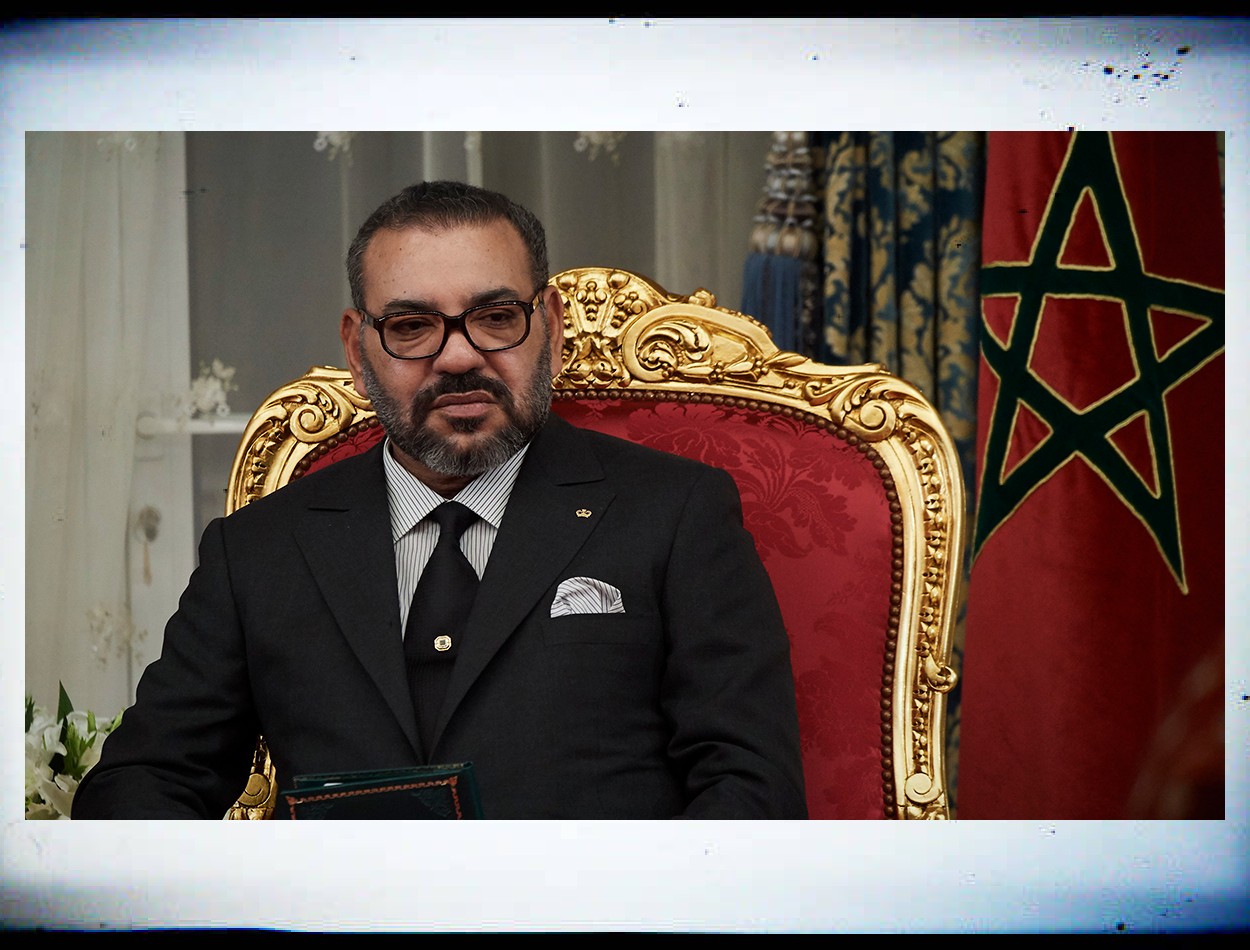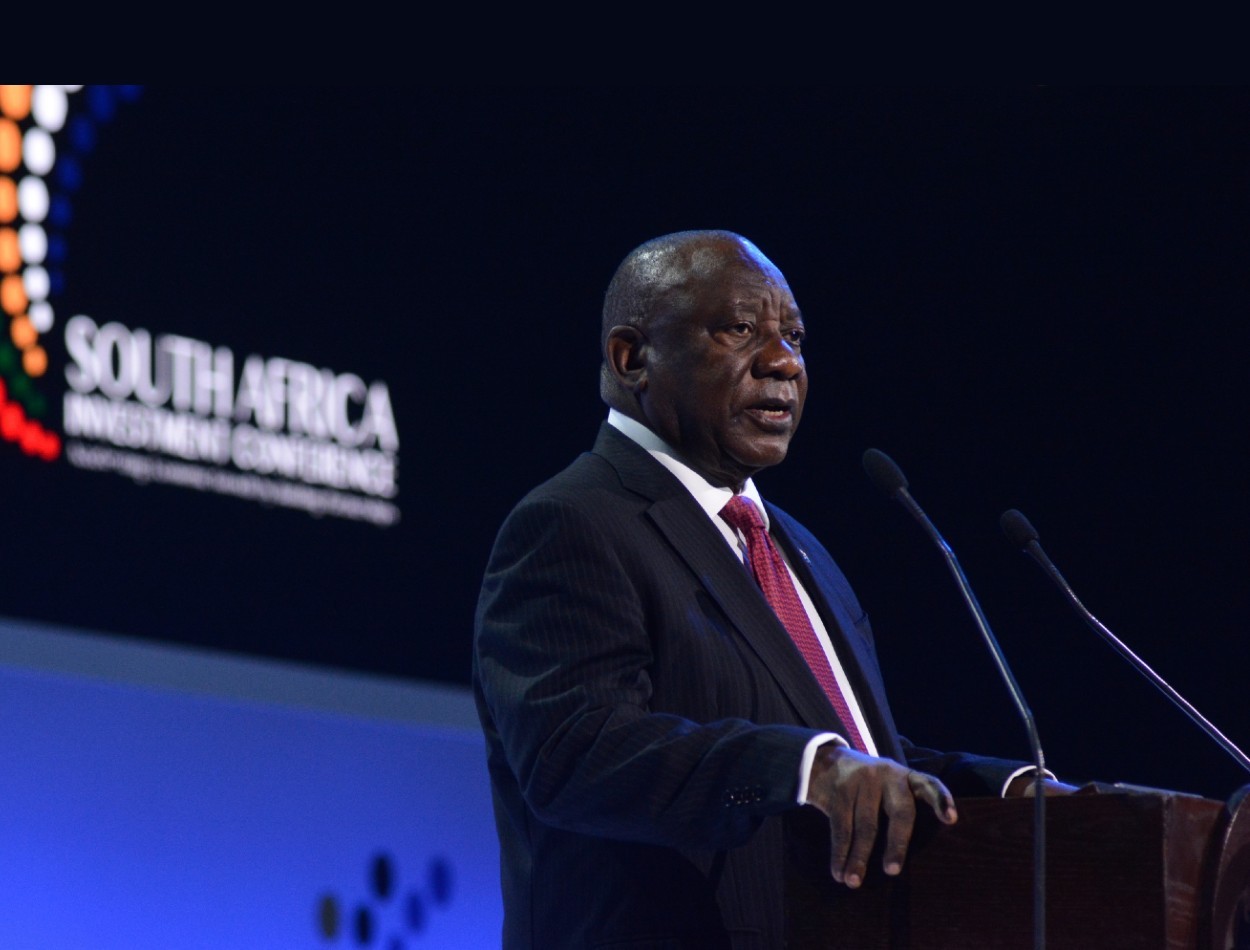Some of the individuals with immense wealth in Africa live in the diaspora, having been born in Africa before immigrating to other countries. Indeed, Africa has bled the best entrepreneurial brains over the years due to gross mismanagement of the economy, conflict, and poverty.
Names like Mohammed Hussein Amoudi do not ring a bell in the ears of many on the continent, but is among the many Africans who have built fortunes outside the continent. With investments across Africa, Asia, and Europe, Amoudi is described as the richest Ethiopian.
In 2017, he was among a score of wealthy Saudi business elites who were arrested and detained at Riyadh’s Ritz-Carlton Hotel on the orders of Crown Prince Mohammed bin Salman. He would call the hotel home for about 14 months.
The arrest was part of an anti-corruption crackdown, an operation that was viewed by experts as a move to put wealthy businessmen and political figures in the monarchy in check. It also faced criticism over its human rights record.
Whether the operation affected the billionaire’s vast empire is a story that is yet to be told. Almost seven years after he was released, Amoudi remains among the wealthiest people in the world, with an estimated net worth of $5.4 billion.
The 77-year-old Ethiopian-born tycoon has interests in construction, mining, and agriculture. He has business in Ethiopia, Saudi Arabia, Morocco, and Sweden. In Morocco and Sweden Amoudi has oil refineries. Most of his businesses in Ethiopia are in the construction, mining, and agriculture sectors.
He owns huge tracts of farmland in Ethiopia, planting cereals, fruits, tea, coffee, rice, and flowers. He is also among the biggest producers of cement in the country.
From Ethiopia to Saudi
There have been conflicting reports about the nationalities of Amoudi’s parents. While legally he is recognised as an Ethipian-Saudi national, some reports have indicated that his father was a Yemeni, but some suggest he was a Saudi.
He was born in 1946 to a Yemeni father and an Ethiopian mother from the Amhara region. According to media reports, he moved to Saudi at the age of 19. There is very little information on his education. Most accounts of his sprawling empire just detail his Ethiopian origins and immigration to the Gulf state.
Portfolio
Amoudi reportedly started his entrepreneurial journey in the 1970s but it was not until the late 1980s that he recorded breakthroughs. From humble beginnings to a conglomerate with a 70,000-strong workforce, Amoudi’s success is the story of resilience and perseverance.
His investments are held through MIDROC and Corral Petroleum Holdings AB. MIDROC, established in the late 1970s, first bagged a major deal in 1988, a $30 billion underground petroleum storage. Later, the company acquired a Saudi steel company, Yanbu Steel.
His investments in Ethiopia started in the mid-1980s. He formed MIDROC Ethiopia in 1994, which focused mainly on gold mining before entering other sectors.
He holds interests in gold mining in Ethiopia, with MIDROC Gold Mine, a subsidiary of MIDROC Ethiopia, reportedly paying the Ethiopian government 100.1 million birr in royalties, the highest among mining companies. MIDROC Gold is the country’s exclusive gold exporter, with its Lega Dembi Mine producing an average of approximately 4,500 kg of gold and silver annually.

He also owns 70% of National Oil Ethiopia, which competes with other oil marketers including YBF and TAF Oil. Also, he set up Ethiopia’s first industrial steel plant, Tossa, in Amhara to meet the rising domestic demand. In 2011, he acquired a 69% stake in Addis Tyre, Ethiopia’s only tire manufacturer, and also has investments in cement production through Durba Midroc, established in 2008.
Farming investments
Amoudi’s Saudi Star Agricultural Development Plc has up to 500,000 hectares (1,200,000 acres) of Ethiopian land for sugar, edible oil, and grain production, including rice. Between 2011 and 2015, the company committed an additional investment of $2.5 billion in Ethiopian rice projects.
They secured 10,000 hectares through 60-year leases and have plans to lease an additional 290,000 hectares. Saudi Star has injected over $80 million in equipment from Caterpillar Inc to mechanise its farms in the Eastern African nation.
Amoudi also owns land used for coffee production. Ethio Agri-CEFT, owned by Amoudi, has acquired 2,295 hectares in Ethiopia’s Sheka Zone, but only 1,010 hectares are utilised for coffee and shade trees, with the remainder left as natural vegetation.
Controversies
While Amoudi’s business investments can be attributed to strategic moves and entrepreneurial acumen, it cannot be discounted that part of the success was his close link to the political elites. In Saudi, his closeness to the rulers helped him bag big-ticket government projects.
Ethiopia, known for its closed economy, embraced the billionaire and gave him access to every sector. Ethiopia is among the big economies in Africa with very little foreign ownership of business and property.
Along his road to the top, there is a trail of suffering and controversies that have tainted the tycoon’s record.
Between 1997 and 2009, MIDROC’s mine expansion led to deforestation and the displacement of Indigenous Gujii people from their ancestral lands, without their consent.
According to media reports, locals have reported that mine security personnel shoot at individuals who approach the mine, and employment opportunities have consistently excluded residents. Business empires.africa could not independently verify the claims.
According to allegations from local people, Midroc also discharged chemicals into rivers used for drinking and livestock, resulting in birth deformities and animal deaths. They claim that water and air pollution from the mine have caused respiratory illnesses, miscarriages, birth defects, and disabilities.
Additional reports include occurrences of tumors, headaches, skin conditions, and vision problems. One healthcare provider noted a high frequency of miscarriages exclusively in the vicinity of the mining site.
A field study conducted in 2018-2019 discovered 19 children with severe deformities and paralysis among 36 households surveyed. Protests against the mine have been met with harsh repression, including mass arrests, killings, and disappearances.
A 2016 report by Human Rights Watch documented numerous human rights violations by security forces in response to the protests, including arbitrary arrests, killings, torture, ill-treatment in detention, and enforced disappearances.






